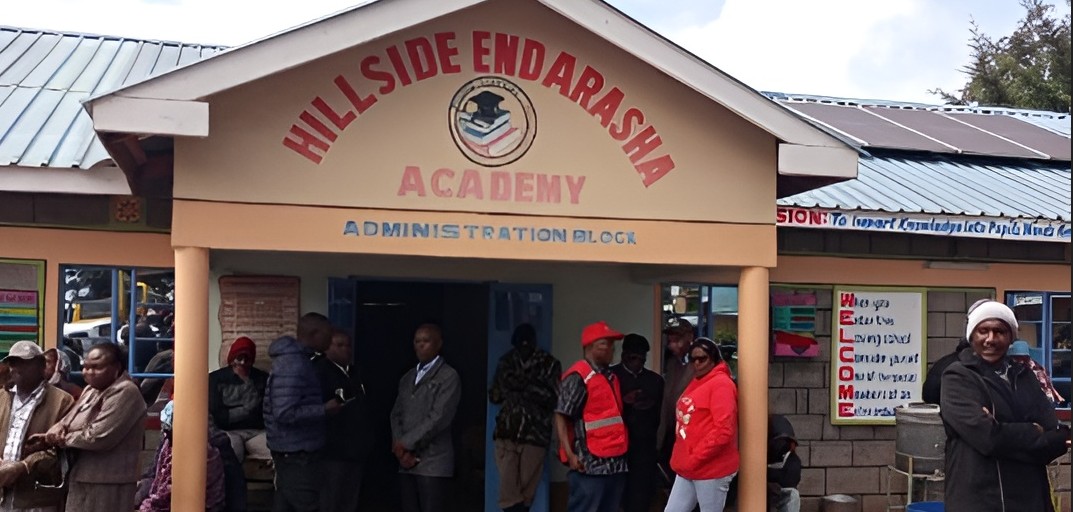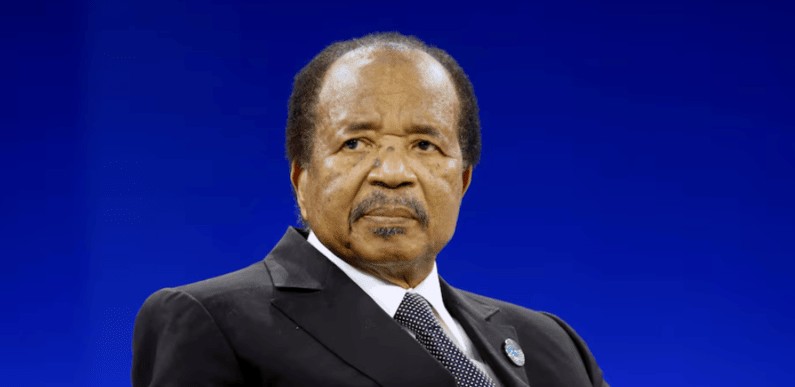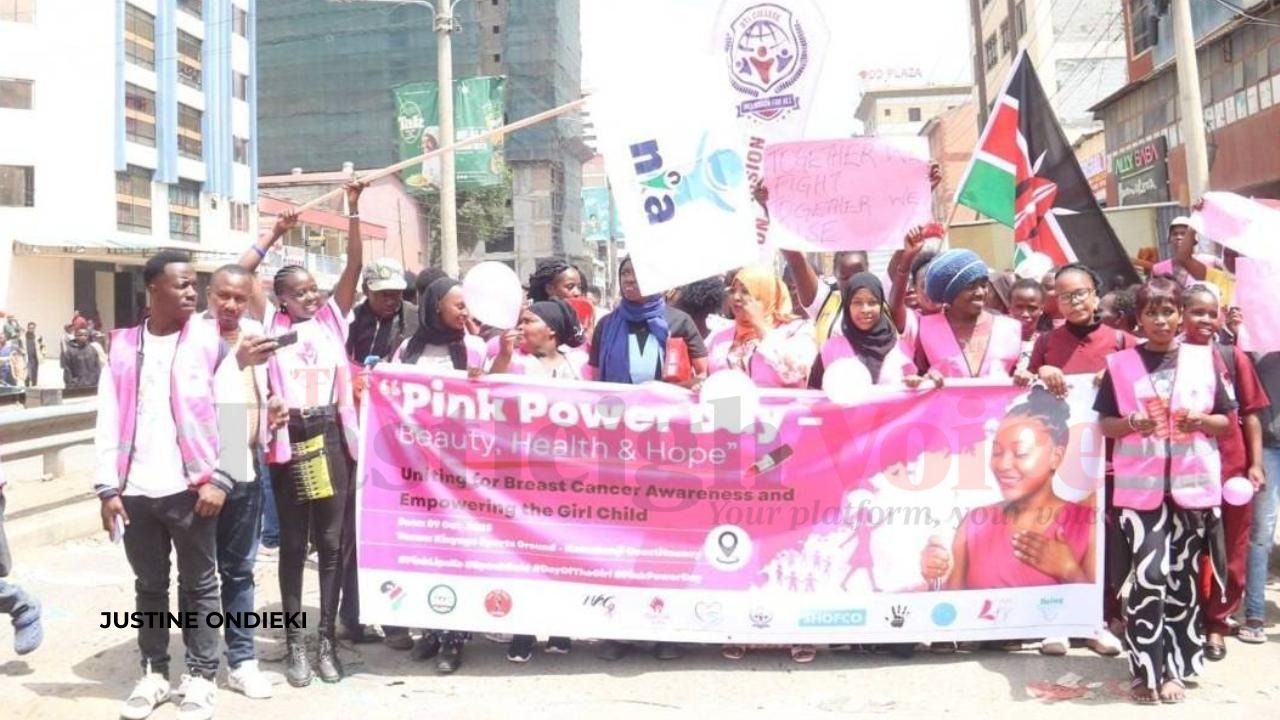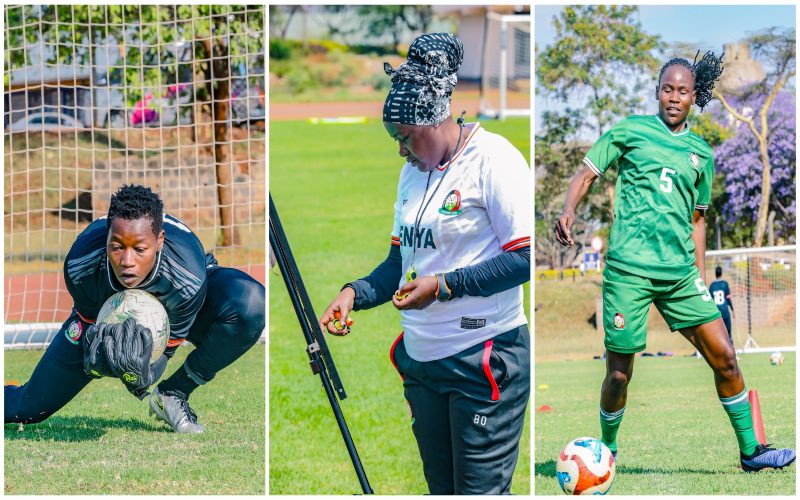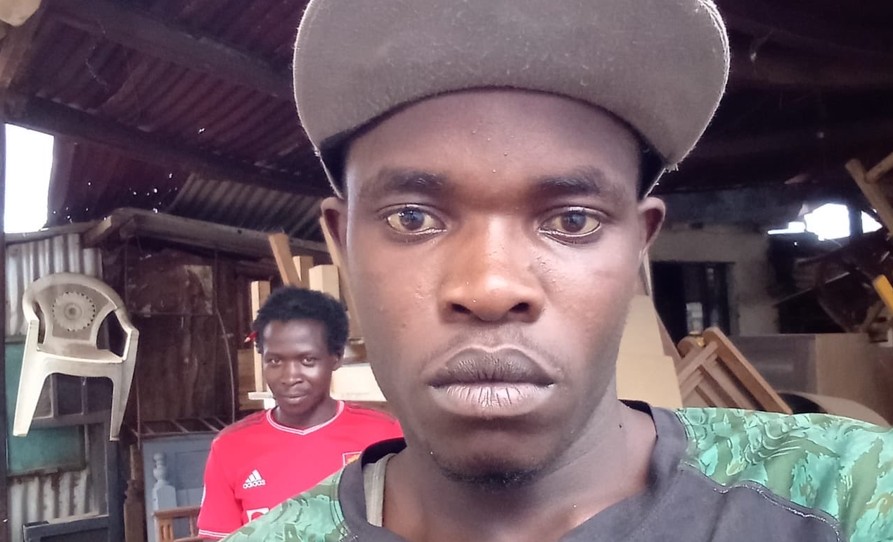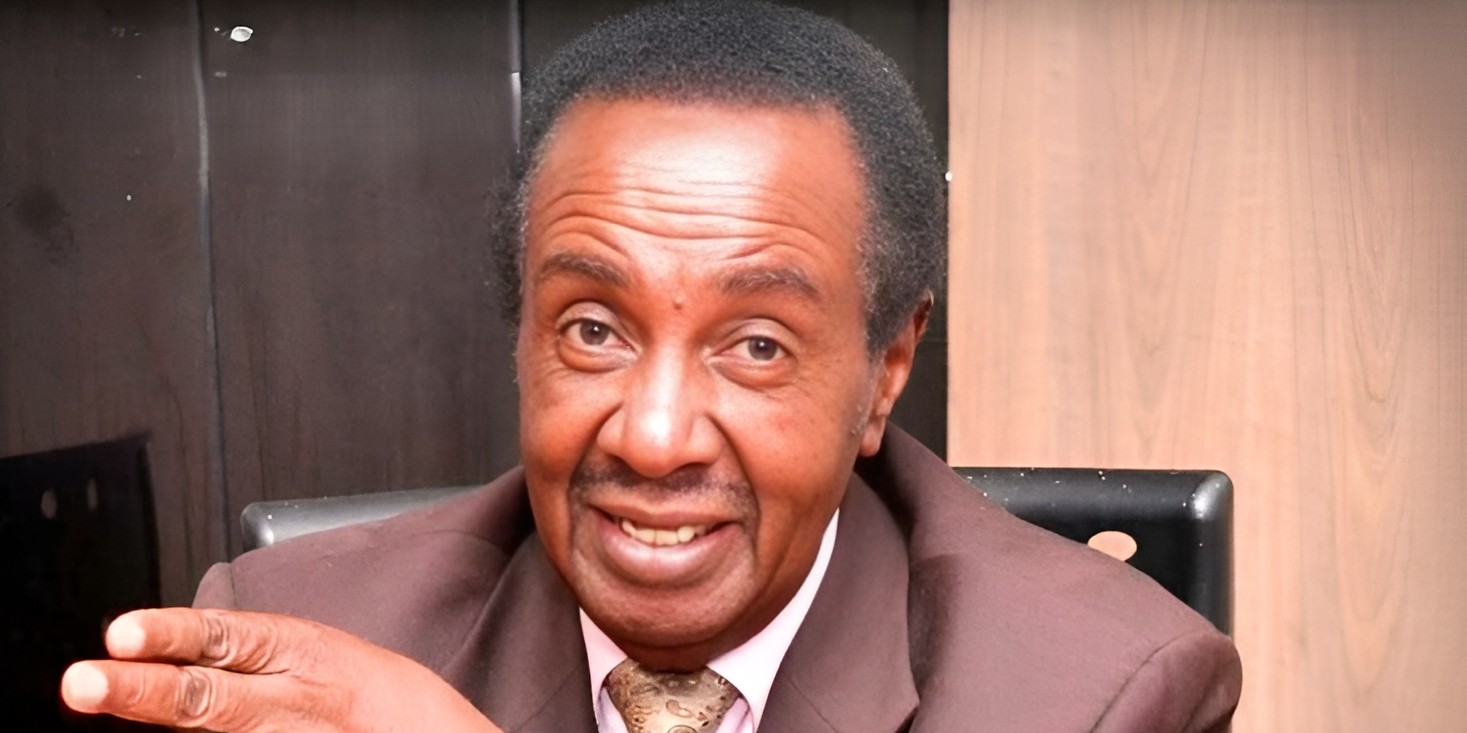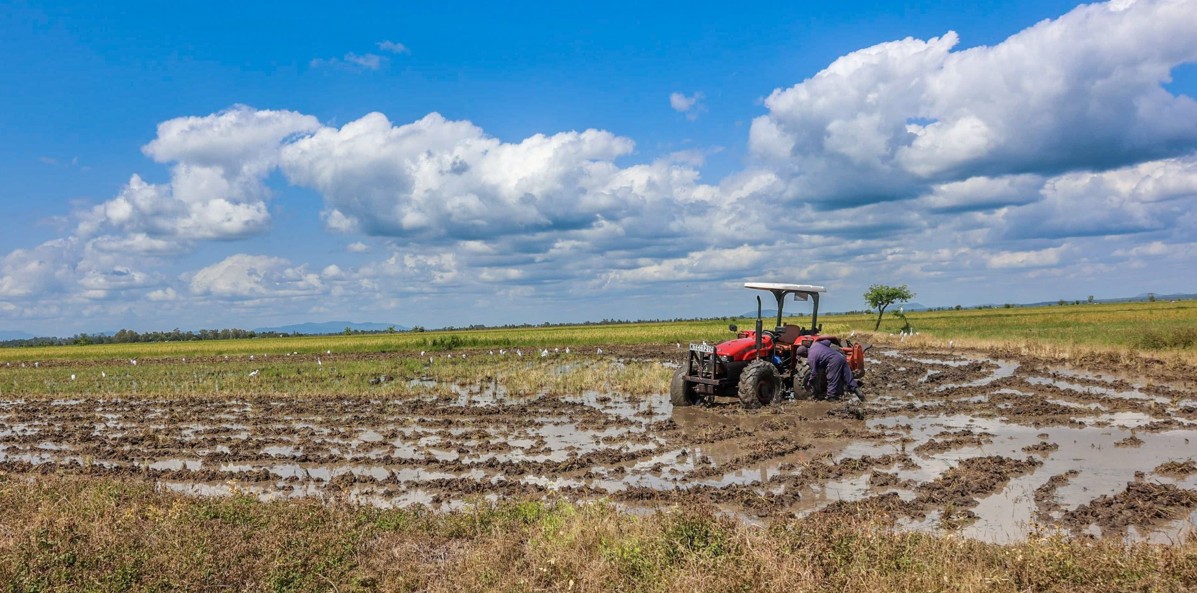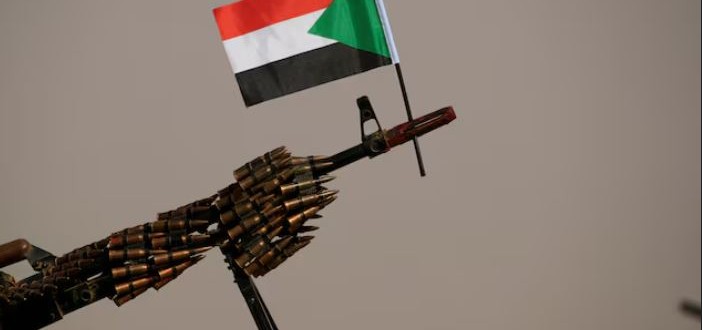Refugee students seek government funding for university education

The appeal further calls for measures to be put in place to address any discrimination or harassment issues that may arise during their stay in Kenya.
A section of international and refugee students in Kenya is calling on the government to consider extending government funding for university education to refugees and international students.
Despite the government providing financial support for students who qualify to join universities in Kenya, such assistance is mostly reserved for Kenyans.
More To Read
- Moses Kuria proposes Technical University of Kenya to be named after Raila; here are steps followed in renaming an institution
- From camps to commerce: Refugee entrepreneurs shine at Kakuma trade fair
- Over 400 candidates risk missing KCSE exam as court declines to reopen Litein Boys
- Kwale unveils Sh30 million TVET fund to empower youth, curb crime
- WFP warns of rising hunger among refugees in Ethiopia
- Landmark moment as Eldas TTC set to transform Wajir’s education landscape
This means international students or refugees who might have sat their final KCSE examination or studied in Kenya might miss out on crucial financial aid even if they performed well or are from a needy background.
In an appeal penned to the Education Cabinet Secretary Ezekiel Machogu, the students supported by the Albert Einstein German Academic Refugee Initiative Kenya Student Organisation (Dafikeso), have made their appeal to the Kenyan Government, urging them to consider the positive impact of such a move would have on both the students and the nation.
“International students, including refugees, have the potential to become valuable assets to Kenya, both during their studies and as future contributors to the Kenya nation's growth as ambassadors of goodwill,” the Dafikeso Chairman Yousif Kalo said in the appeal letter.
Yousif said extending scholarship offers to these students would not only ease the financial burden on them but also incentivize more talented individuals to choose Kenya as their educational destination.
“These students hail from diverse backgrounds and play a crucial role in shaping Kenya's future, contributing to networking, cultural enrichment, and socio-economic development,” Yousif said.
Cultural diversity
The students are also pushing for greater access to employment opportunities, such as internships and part-time work, which would enable them to gain valuable work experience in Kenya.
This, they argue, would not only benefit the students themselves but also contribute to the Kenyan economy.
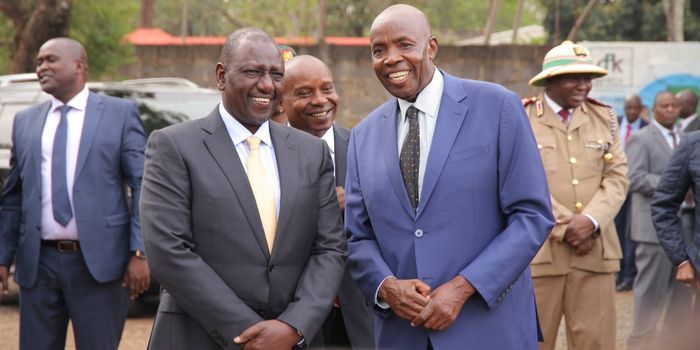 President William Ruto and Education CS Ezekiel Machogu at Joseph Kang'ethe Primary School in Kibera, on day 2 of KCPE and KPSEA exams on November 29, 2022. (Photo: PCS)
President William Ruto and Education CS Ezekiel Machogu at Joseph Kang'ethe Primary School in Kibera, on day 2 of KCPE and KPSEA exams on November 29, 2022. (Photo: PCS)
“Facilitating access to internships and part-time work for international students can enable them to gain valuable work experience in Kenya,” Yousif noted.
He argued that supporting refugees and international students further promotes cultural diversity and integration.
This, they believe, will enrich the educational experience and enhance Kenya's global cultural diversity.
The appeal further calls for measures to be put in place to address any discrimination or harassment issues that may arise during their stay in Kenya.
In addition, the appeal emphasizes the importance of providing legal support and guidance to international students, especially refugees, to help them navigate the complex legalities of studying and living in Kenya.
Their appeal might further be boosted by the move made by the Ministry of Interior on Wednesday officially gazetting refugee documents as essential for accessing government and private sector services in Kenya.
According to the Kenya Gazette Supplement, various documents including asylum seeker passes, proof of registration, movement passes, letters of recognition, refugee identity cards, and conventional travel documents have been declared valid for accessing services.
The move comes as a relief for refugees and asylum seekers residing in Kenyan camps such as Ifo, Hagardera, Dagahley, Kakuma, as well as urban refugees in Eastleigh and other parts of the country.
This official recognition of their documents grants them access to essential services that were previously inaccessible.
New funding model
The students' appeal comes amid the government changes in the university funding model.
President William Ruto unveiled a new funding model on May 3 this year that is set to support students based on their level of need rather than the previous arrangement that provided equal funding to all students who qualified for university placement.
Students now get government funding in the form of scholarships and loans.
Under the new model, funding will be student-centred and be apportioned according to their levels of need classified into four; vulnerable, extremely needy, needy and less needy.
However, the government scholarships and loans are only limited to Kenyan students leaving out international students and refugees regardless of their performance in the KCSE exams.
According to DAFI, more than 700 international students, primarily refugees, are currently pursuing their education in over 35 private and government universities across the country.
Support for refugee education at university has mainly been done by international organisations such as the UNHCR, non-profit organisations and individual universities.
Top Stories Today


